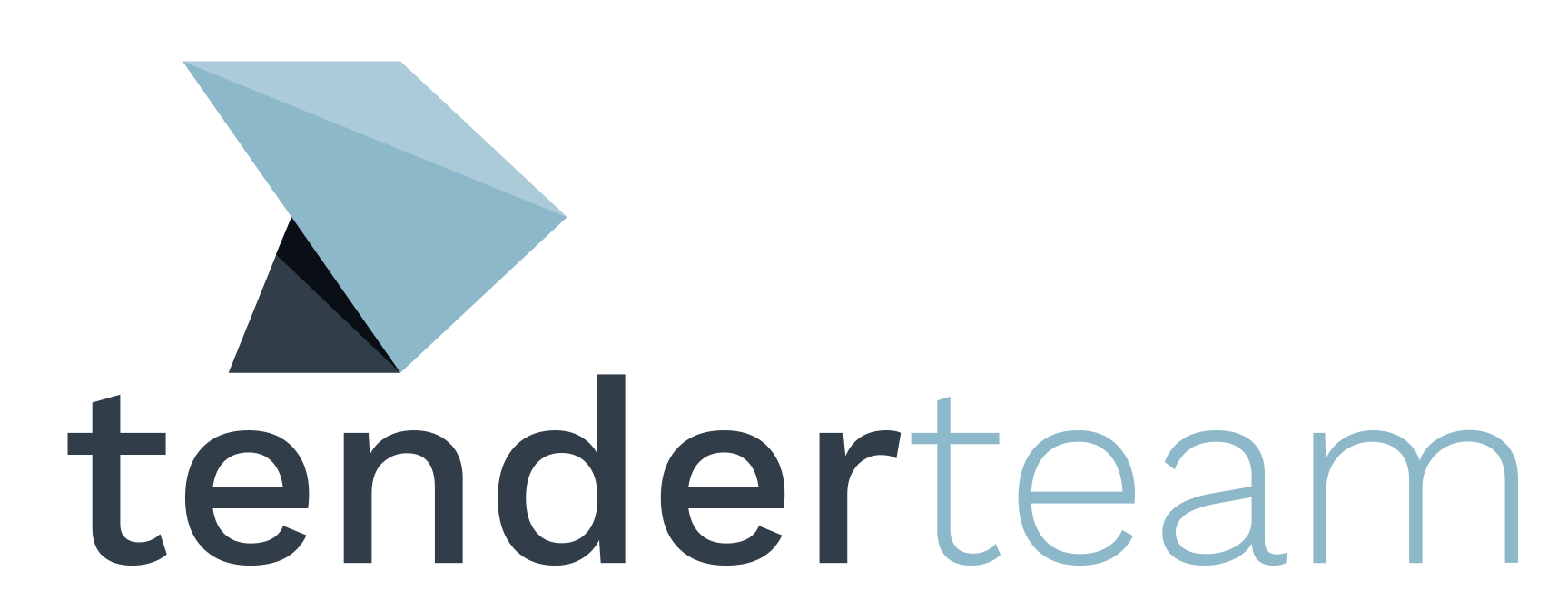Public procurement is the buying of goods and services by the Irish State and bodies that are State funded. This should be done according to public procurement rules, and provide a level playing field for suppliers tendering for contracts, as laid down by European Directives.
The value of the Irish public sector procurement market in 2013 was approximately € 13 billion. It is the single biggest market opportunity for Irish Small to Medium Enterprises (SME’s). However there is no public record of where all this money is going, how it is tendered, how many Irish companies are winning this work, and how many jobs are created as a result. It’s a mystery.
I have been working as a consultant in this area for seven years, assisting companies who tender for such contracts, and some dramatic changes in public procurement are occurring under our very noses, which will have a dramatic effect on Irish SME’s.
The job of buying on behalf of government? I have no idea if there’s a grand, centrally-held mission statement somewhere in Dublin, or in town halls across the country. But were I to have a go at it, perhaps something like this:
Professionally sourcing solutions from the market that enable the most effective and most efficient delivery of public services to those who depend on them.
It should be about drawing out excellent offers via excellent proposals from competent bidders, in a well-managed, fair and cost-effective way. As a founder of a business, I’d like to hope it helps smaller and local businesses (and disadvantaged groups) to thrive.
As a taxpayer – both personally and through our company – I would also hope it would be about ensuring value for money: not necessarily the cheapest (for cheap is rarely cheerful), but the option that delivers the best overall use of scarce public funds. That has to be a holistic view – not just the costs billed by the eventual supplier, but factoring in the time and cost of those on the government side of the procurement and delivery too.
However, public procurement has often been about duplicating and wasting effort. Running ridiculously complex processes that merely seem to protect or generate jobs for civil servants. As a result, no doubt resulting in poorer public services for those who depend on them, and wasting taxpayers’ money. Who’s in control of this? And is it any wonder that if things were done so very badly on smaller and medium-sized projects, we hear of so many disasters on major procurement exercises?
Office of Government Procurement
In response, the Office of Government Procurement (OGP) has been set up in 2013, and this represents a dramatic change in public procurement, but it has happened without a whisper. The OGP will buy centrally all of the common goods and services on behalf of the entire public sector. The approach to be used is called Category Management, which divides spends into categories of goods and services.
These are provided below:
| Category |
Sourcing Priorities |
Responsibility |
| Utilities |
Energy |
OGP |
| Professional Services |
Legal
Audit
Insurance
Finance |
OGP |
| ICT Office |
Telecoms
Postage
ICT / Equipment |
Local Authorities |
| Marketing, Print, Stationery |
Monitoring uptake with exisiting arrangements |
OGP |
| Facilities Management |
Cleaning
Catering
Maintenance
Rent |
HSE |
| Building, Maintenance, Minor Works |
|
Local Authorities |
| Lab Diagnostics |
|
HSE / Education |
| Medical Professional |
|
HSE |
| Medical RT |
|
HSE |
Source: OGP
With this aggregation in demand, we’re going to see far more use of framework agreements in Ireland and larger contracts divided into lots. That means: less buyers, less suppliers, and much larger contracts being tendered.
Additions to OGP team:
Four senior appointments were announced in November 2013 to join the senior management team of the OGP.
Sourcing Director: responsible for the sourcing and spot buying capabilities for the Office of Government Procurement.
Head of Policy: responsible for public procurement policy.
Head of Operations: responsible for providing operational support for the Office, including business and market intelligence, procurement systems and tender support.
Head of Corporate Affairs: responsible for governance, financial, facilities support, and the Office’s input to Department of Public Expenditure and Reform corporate requirements.
In order to achieve savings targets over the next three years, the Irish Government has set itself the target of achieving procurement savings in the order of €127 million in 2014. Savings will be accrued through the OGP rolling out new aggregated contracts for common goods and services. These include utilities, professional services and marketing, print and stationery, and account for 60% of the overall public procurement annual spend.
The bar to win these contracts has been set higher.
Written by Wayne Dignam, Managing Director of Tender Team
wdignam@tenderteam.ie
















